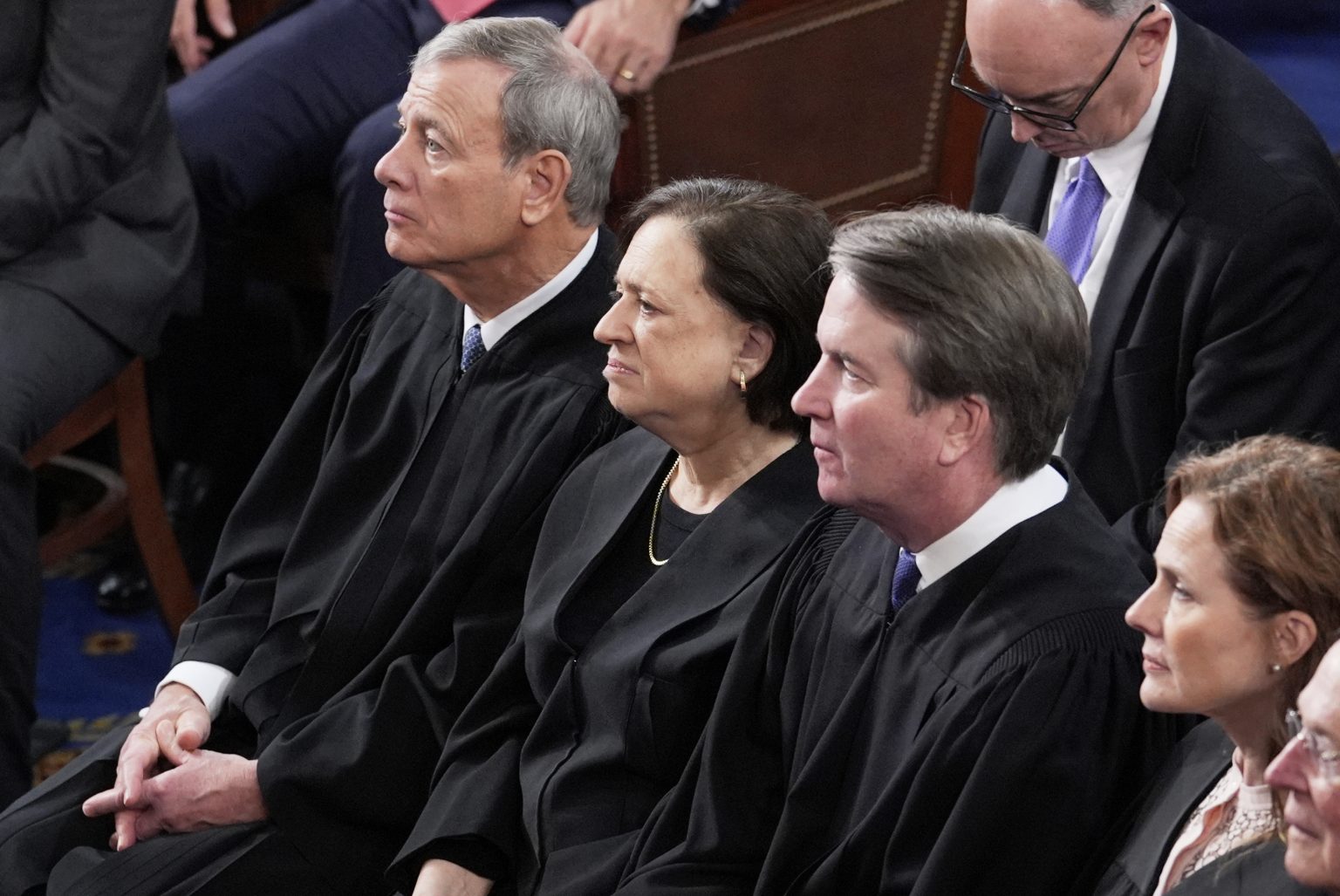Trump Administration Seeks Supreme Court Intervention on Transgender Passport Policy
In a significant move affecting gender identity rights, the Trump administration has requested the Supreme Court to overturn a lower court ruling that expands passport gender marker options for transgender and nonbinary individuals. This latest development highlights the ongoing tension between traditional gender classification systems and evolving recognition of gender diversity in official documentation.
The current ruling in question allows passport applicants to select an “X” designation alongside the traditional male and female options, representing a departure from previous requirements that limited individuals to the gender marker on their birth certificates. This policy shift, which the administration now seeks to block, represents a meaningful change for transgender and nonbinary citizens who have long struggled with identity documents that don’t reflect their lived gender. For many in these communities, having identification that matches their gender identity is not merely a matter of preference but a crucial aspect of their daily safety, dignity, and ability to navigate social and governmental systems without fear of discrimination or misunderstanding.
The administration’s appeal to the Supreme Court comes amid broader national debates about gender identity recognition in various aspects of American life, from healthcare access to educational policies and military service. Advocates for transgender rights argue that accurate identification documents are fundamental to full citizenship and participation in society, pointing to research showing that mismatched documents can lead to harassment, denial of services, and even violence. Conversely, those supporting the administration’s position often cite concerns about traditional definitions of gender, administrative complexities, and questions about how such policies might affect areas like sex-segregated facilities or statistical record-keeping that has historically relied on binary gender classifications.
This case arrives at the Supreme Court at a time when the judicial body itself has undergone significant changes in composition and philosophy. With recent appointments reshaping the ideological balance of the Court, many legal observers are closely watching how the justices might approach questions of gender identity recognition and administrative deference. The Court’s eventual decision could have far-reaching implications not only for passport policies but potentially for how gender is recognized across federal agencies and documentation systems, affecting millions of Americans who identify as transgender or nonbinary.
Beyond the legal arguments, this case reflects deeper cultural conversations about identity, recognition, and belonging in American society. For transgender and nonbinary individuals, official recognition through documentation can represent an acknowledgment of their existence and humanity by the government that claims to represent them. Many describe the profound psychological impact of having identification that finally aligns with who they know themselves to be, after years or decades of being misidentified by official papers. This human dimension of the policy dispute sometimes gets overlooked in legal briefings but remains central to understanding what’s at stake for affected communities.
As this breaking news story develops, both advocates and opponents of the passport gender marker policy will be watching closely to see how the Supreme Court responds to the administration’s request. Whatever the outcome, the case represents another significant moment in the ongoing American conversation about gender, identity, and the role of government in recognizing—or restricting—the full spectrum of human experience. The Court’s handling of this matter will likely reverberate well beyond the specific question of passport designations, potentially influencing how American institutions navigate gender diversity for years to come.


